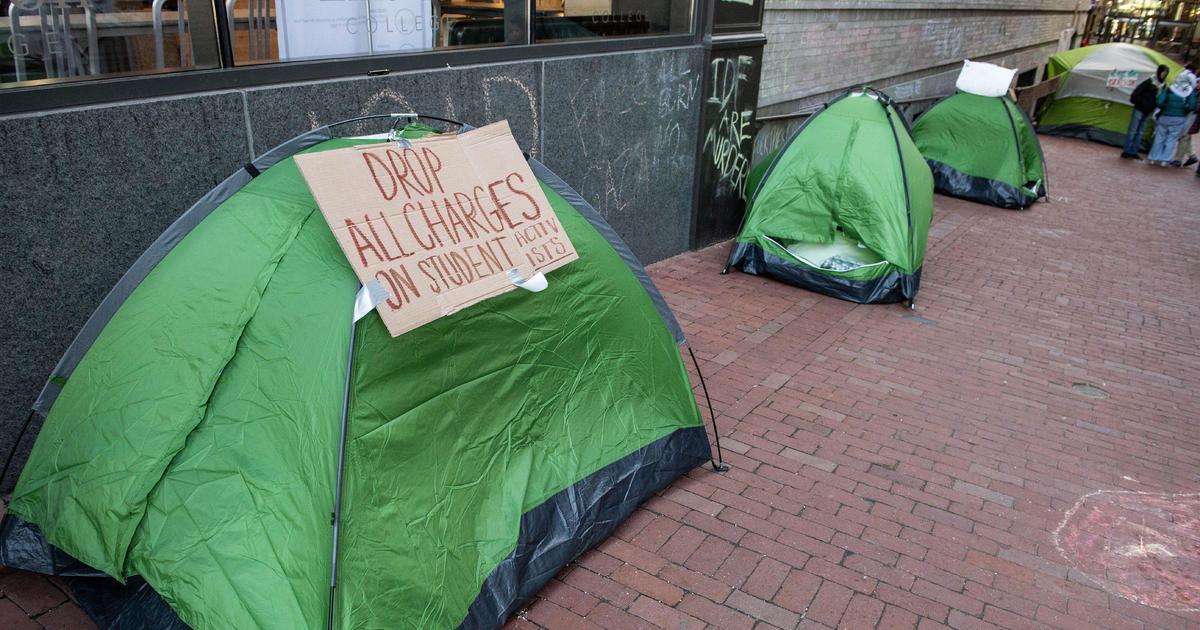Keller @ Large: What Tax Reform Bill Means For Economy
BOSTON (CBS) - Barring an unexpected snag in the Senate Tuesday night or Wednesday, the GOP tax reform bill is headed for the president's signature. And the big questions are: how will it affect our economy? And what could it mean to your take-home pay?
In the House debate prior to their vote, the ranking members of the House Ways and Means Committee offered sharply contrasting answers.
"We're delivering a new tax code that provides more jobs, fairer taxes and bigger paychecks to Americans across the country," said committee chairman Rep. Kevin Brady (R-Texas).
And while analyses of the bill agree almost all workers will see a short-term boost to their take-home pay, job growth and better wages will largely be determined by what employers choose to do with their forthcoming windfall.
Read More: How Tax Bill Will Affect You
Rep. Richie Neal of Massachusetts (D-Springfield) is not optimistic: "This money is gonna be used for stock buybacks and dividends," he says.
"With this bill a middle-income family of four earning $73,000 a year will see a tax cut of over $2000," said Brady, and that's nothing to sneeze at for a middle-class family.
But Neal casts it as table scraps. "The second quintile you're gonna get $380 a year. The top one percent, they're gonna get $51,000 a year. And the top 0.1% - they're gonna get $193,000 a year, all in the name of middle-class tax relief."
And in the end, like most everything in Washington these days, it comes down to partisan, ideological finger-pointing.
For Brady, the bill pries loose funds from a sticky-fingered, incompetent government. "Opponents of this tax bill don't really worry about tax cuts for the rich, they worry about tax cuts for you, because if you spend your money, they can't," he said.
But Neal evokes the New Deal roots of modern-day federal government: "When we talk about responsibility and the people's money, Medicare is the people's responsibility, Social Security is the people's responsibility."
The final vote was 227 to 203, almost entirely along party lines. If the Senate vote follows the pattern, we're about to find out which side has it right, with future control of Congress and the White House likely hanging on the answer.



